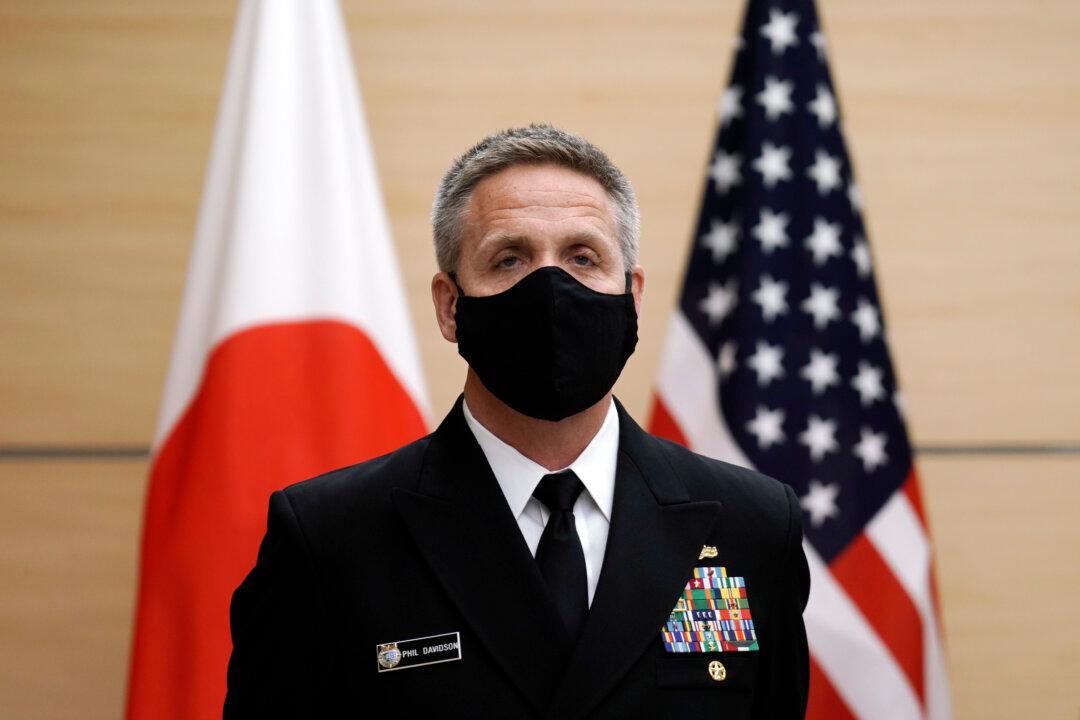A top U.S. military commander fears that the Chinese regime is accelerating its plans to supplant the United States on the world stage.
Adm. Philip Davidson, head of U.S. Indo-Pacific Command, told a Senate Armed Services hearing on March 9 that the Chinese military has been making “vast advances” in both its size and capabilities, threatening the United States in the Indo-Pacific, an area he described as the “most consequential region for America’s future.”





